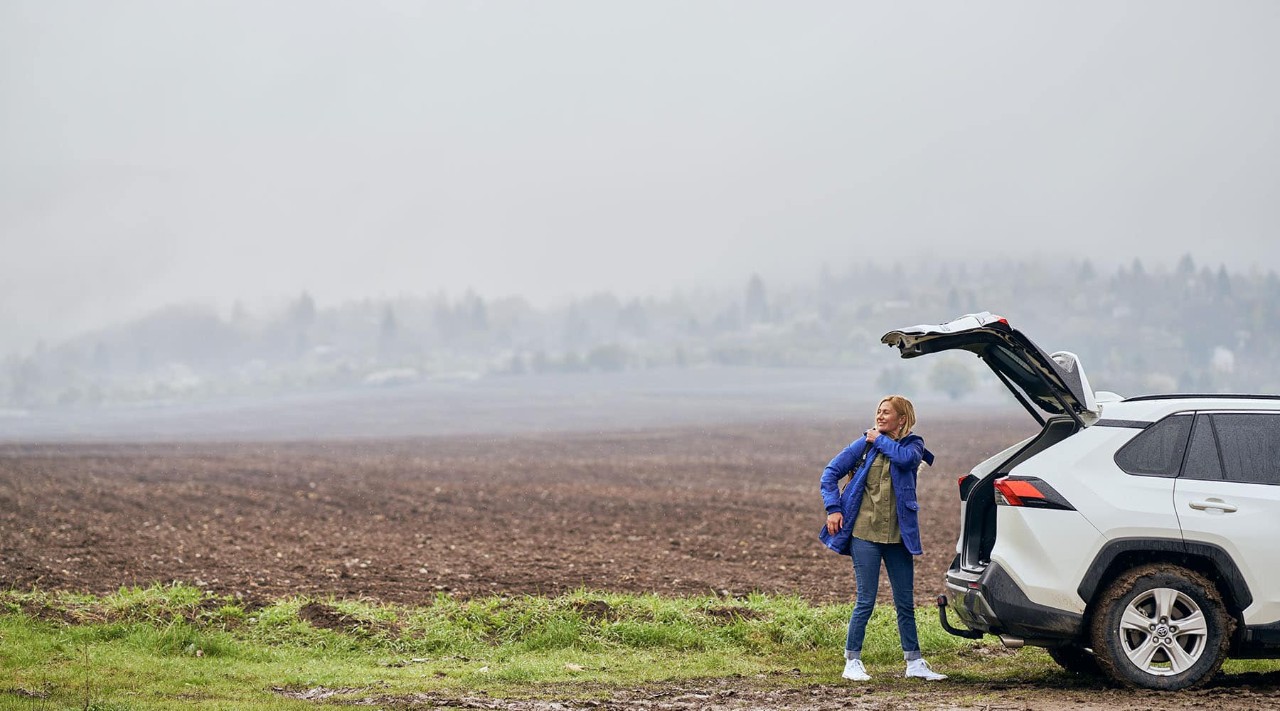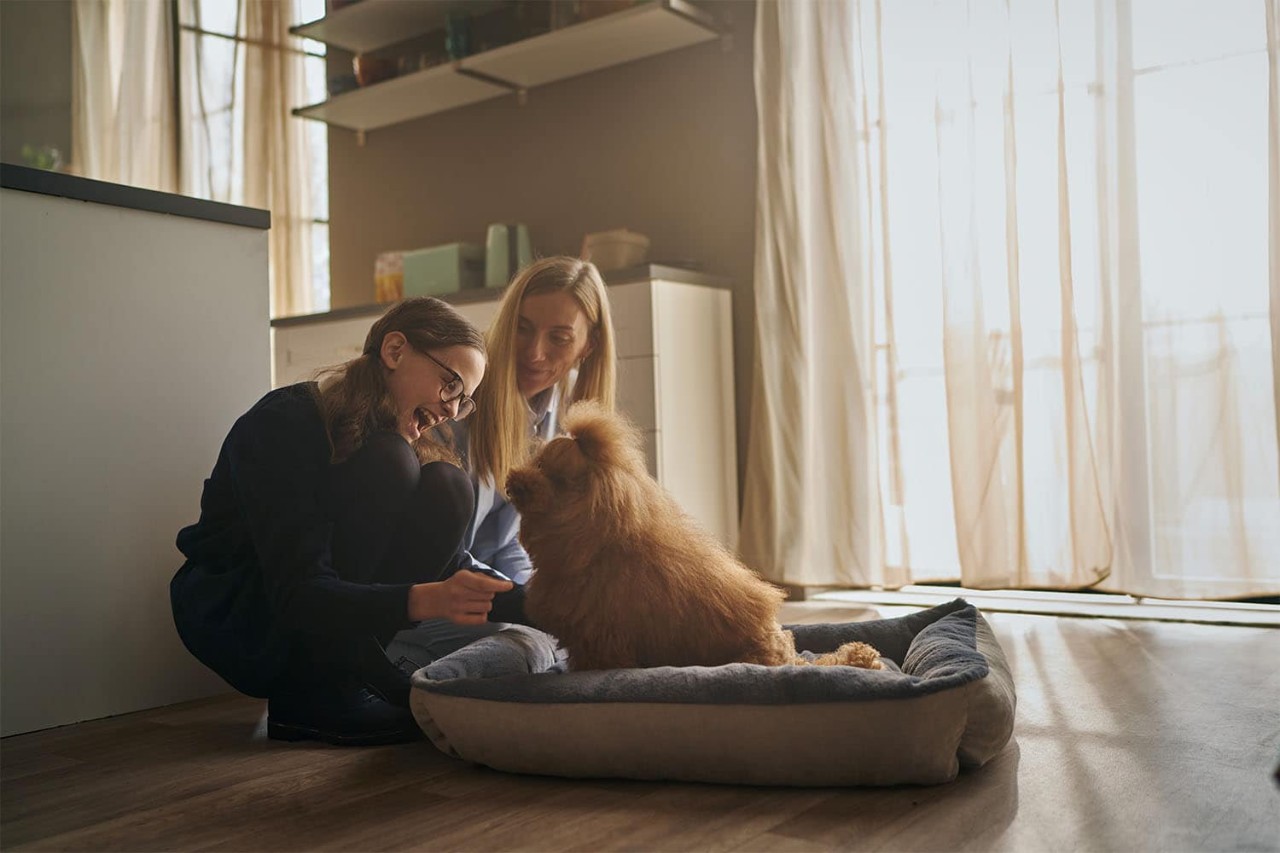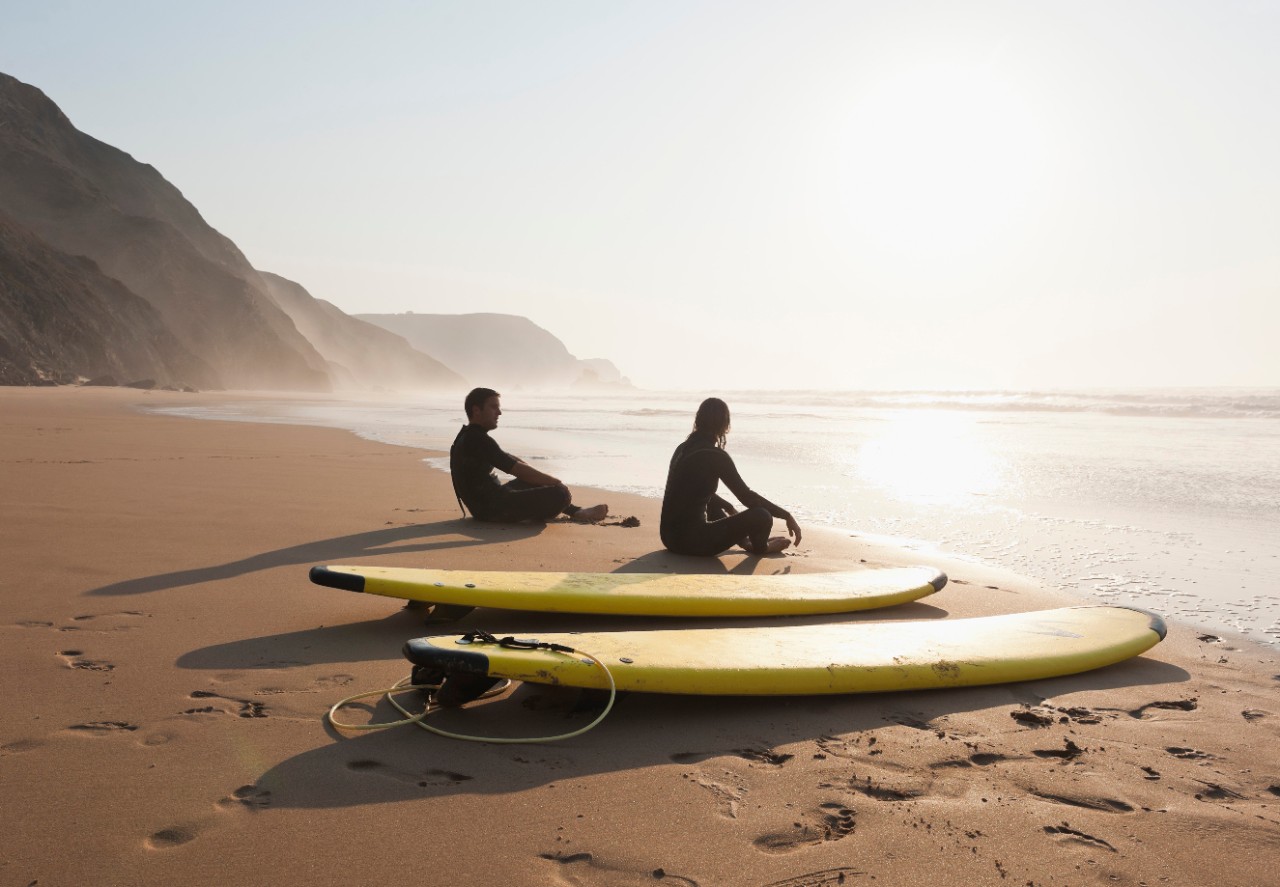Pet care advice for winter
As we’re in the depths of winter, it is time to think about caring for our pets’ needs at this time of year. The following reminders are useful during this dark and cold season:
- 1. Warmth
Just like ourselves, what our pets need most in winter is warmth. Different pets will having specific needs based on age, size, thickness of coat, wellness etc. Aging pets who are less active, tiny breeds, and those with very thin coats will feel the cold much more than large, thick coated, very active breeds. Walks or time spent outdoors in very low temperatures, and when there is frost or snow, will need to be planned with that in mind.
Take shorter walks when the weather is bad
Warm, water proof coats are a great help to keep your pet warm and dry outdoors.
In some cases bootees can also be useful to protect sensitive feet from ice and grit.
Keep dogs strictly on a lead in bad weather, and especially when there is snow on the ground as they may not find their way back to you if fresh snow has covered any scents.
Avoid walking your dog anywhere near frozen ponds or lakes.
Microchip and ID tags are vital in case your pet gets lost in bad weather.
Don’t delay outdoors chatting to friends etc. - if your small dog is inactive for long they may start losing heat and shivering so get them home and warmed up fast.
Don’t leave your dog in your car as it loses its heat quickly and will act like a fridge.
Pets left for some time outdoors in a garden will need access to a kennel or shelter placed inside a garage or shed and lots of dry, warm bedding to burrow into.
Always check drinking bowls left outdoors regularly in case the water has frozen.
Check feet after a walk for compacted ice particles, sore pads etc. Wash the paws and underbelly down with warm water and a cloth. This also removes any salt which was spread on pavements and roads to prevent icy patches.
- 2. Visibility
Lack of daylight is the other big problem in winter so make sure your pet is as visible and safe as possible when outdoors for walks etc.
Use visibility jackets, collars and leads so that your dog can be seen and help your dog by being more visible yourself! There are also flashing lights you can attach to their collar but make sure they are at the back of their heads so not interfering with your pet’s line of vision.
Keep your pets strictly on a short lead anywhere near traffic as they are much less visible to drivers on dark evenings.
- 3. Cat care
Keep cats indoors on winter nights, when temperatures can drop well below zero. Have litter trays and litter available for them.
If you care for cats who are feral or acclimatised to living outdoors make sure they have a warm bed (igloo type) that is then inside a box or kennel, and then inside a shed or garage, so that there are layers of warm air as insulation around them through the freezing nights.
Check their water regularly in case it freezes.
Be aware that in their search for warmth they often sleep under the bonnets of recently used cars where the engine is still warm. Always check under your bonnet in winter before starting your car!
- 4. Other tips
Antifreeze used in cars is very toxic for pets so keep it safely stored and wash up any spillages to avoid poisoning.
If there is a severe weather warning prepare by stocking up on your pet’s usual food, litter for cats and medication for unwell pets from your vet, in advance of being housebound.
Stay warm and well with your pet this winter!
Information correct as of date of publishing. This blog will not be updated or edited so the information may become outdated.





